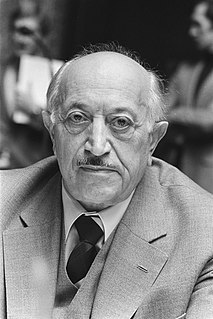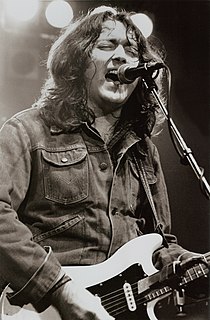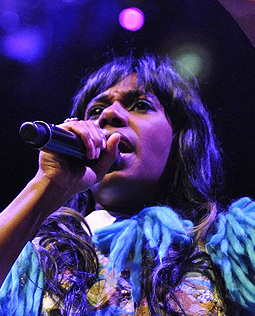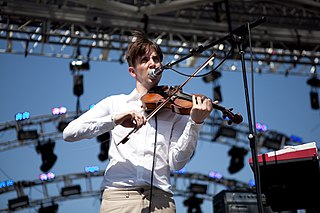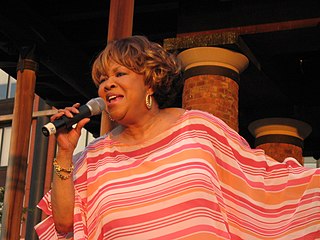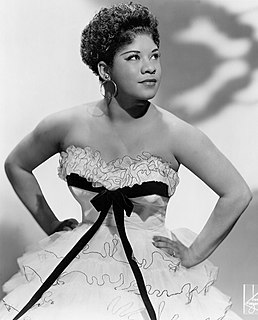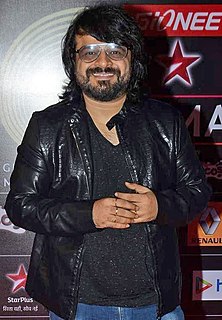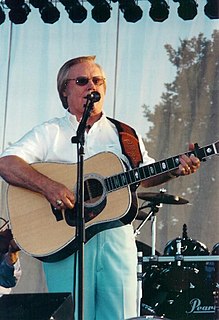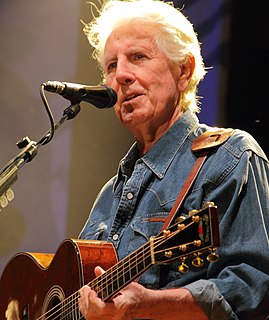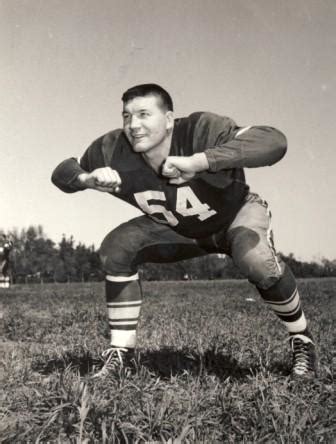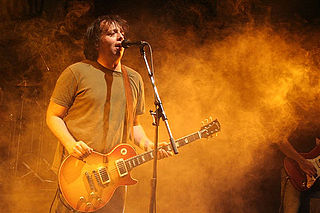A Quote by John Mellencamp
American folk songs were about tragedy, right? They were about suffering and tragedy, and a lot of my songs are about that, even though they were misunderstood.
Related Quotes
For me the Holocaust was not only a Jewish tragedy, but also a human tragedy. After the war, when I saw that the Jews were talking only about the tragedy of six million Jews, I sent letters to Jewish organizations asking them to talk also about the millions of others who were persecuted with us together - many of them only because they helped Jews.
The first songs I learned were 'It Takes a Worried Man' and Woody Guthrie's 'Grand Coulee Dam,' 'Rock Island Line' - those kind of American folk songs that were probably on the edge of blues. After that was Eddie Cochran and Chuck Berry songs. And then I heard Muddy Waters, Jimmy Reed and Big Bill Broonzy on the radio.
I was able to notice in a very early stage, there were discrepancies between the people who are writing the songs and discrepancies about the self that I was writing about. I was feeling that there were all these different people, both writing the record and having the record being written about them, even though ostensibly it was me sitting down and documenting a series of life experiences. Part of that, when I recognized this unconscious thing I was doing, was about these spaces, about these gaps.
We enjoyed the fact that we were called to the folk festivals and we got to know Joan Baez, Dylan. We were singing strictly gospel, but then after we started hearing songs that they would sing, we saw that those songs were very fitting for us because they were singing the truth, and truth is gospel.
I hadn't played any music since freshman year of college, more than thirty years ago, so I had to relearn everything. I started writing songs. Some were dance and trance songs (I listen to them a lot while I'm writing), and some were love songs, because that after all is what music is about - dancing and trancing and love and love's setbacks.
We made it. Despite the fear and predictions of doom. We made it. Even though there were days when we were tired and there were days when we forgot who we were. We made it. And we must thank the stars for this. And the birds for their beautiful songs. And the strangers who were careful to smile. We made it.

